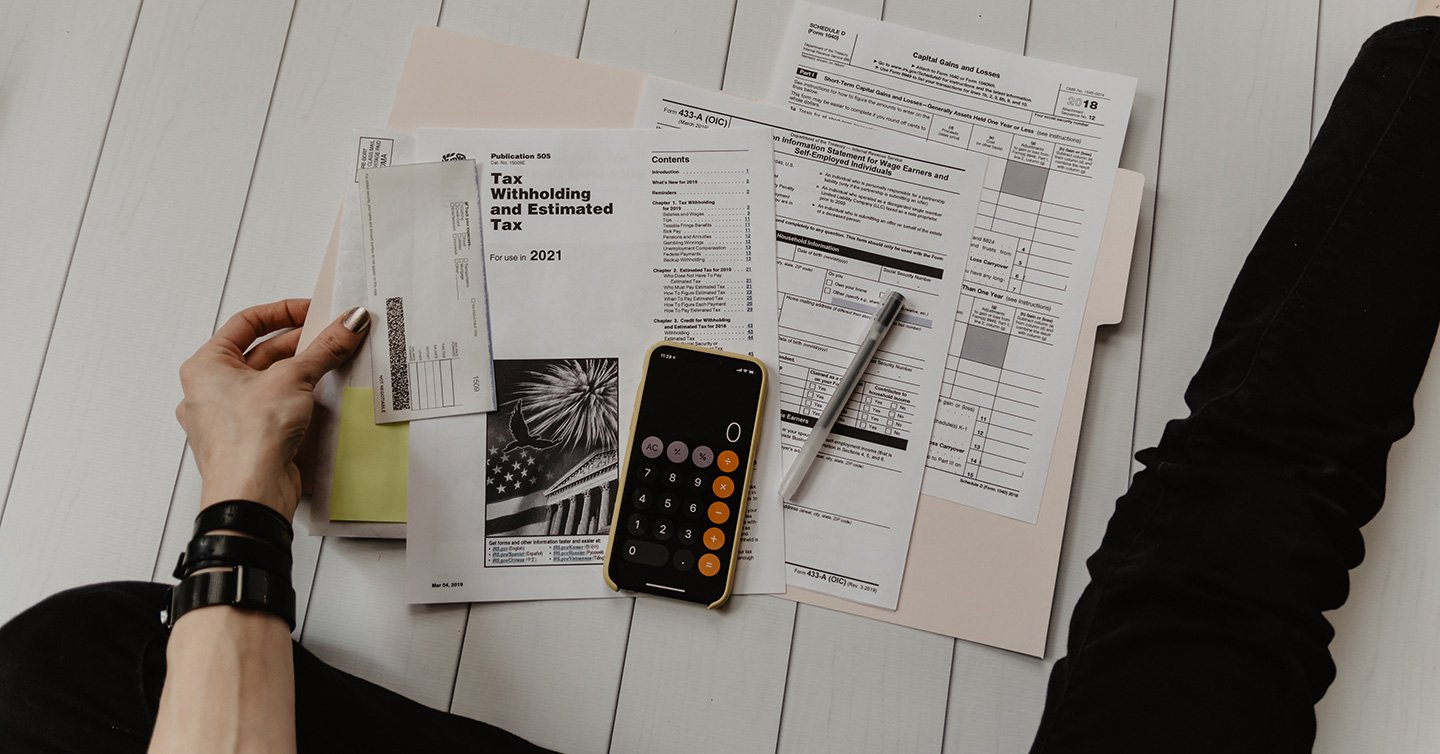
Are you a self-employed professional or a business owner looking for ways to reduce your tax liability? One often-overlooked deduction that can save you money is deducting your phone bill from your taxes. In today’s digital age, cell phones have become an essential tool for communication and conducting business. Fortunately, the Internal Revenue Service (IRS) recognizes this and allows you to claim a portion of your phone bill as a deductible business expense. In this article, we will explore the steps you need to take to deduct your phone bill from your taxes, the criteria you must meet, and provide you with some frequently asked questions to help you navigate this process with ease. So, let’s dive in and discover how you can save money on your taxes by deducting your phone bill.
Inside This Article
html
How to Deduct Phone Bill from Taxes
As a business owner, you may be eligible to deduct your phone bill from your taxes. This can provide a significant financial benefit and help decrease your overall tax liability. However, it’s important to understand the eligibility criteria and follow the proper procedures to ensure your deductions are valid. In this article, we will guide you through the steps to deduct your phone bill from your taxes.
1. Understand Eligibility Criteria: To be eligible for phone bill deductions, you must use your phone for business purposes. This includes making business calls, responding to work-related emails, and other activities directly tied to your business operations. Personal phone usage is not deductible.
2. Determine Your Deductible Expenses: Once you establish your phone usage for business purposes, you can determine which expenses are deductible. This includes your monthly phone service charges, costs for data usage, and any additional fees for business-related phone features.
3. Calculate Your Business Use Percentage: To accurately determine your deductible expenses, you need to calculate the percentage of business use. Assess how much you use your phone for work-related activities in relation to personal use. For example, if you use your phone 70% for business and 30% for personal use, you can deduct 70% of your phone bill.
4. Keep Detailed Records of Your Phone Expenses: It’s crucial to maintain thorough records of your phone expenses to substantiate your deductions during tax season. Keep copies of your phone bills, receipts, and any other relevant documentation that demonstrates the business nature of your phone usage.
After exploring the various methods and considerations for deducting phone bills from taxes, it is clear that this can be a beneficial strategy for individuals and businesses alike. By ensuring that your phone usage is primarily for business purposes and keeping detailed records, you can potentially save a significant amount of money on your taxes.
However, it is important to remember that tax laws and regulations can be complex and subject to change. It is advisable to consult with a qualified tax professional or accountant to ensure that you are following the proper guidelines and maximizing your deductions without running afoul of any legal issues.
In conclusion, deducting phone bills from taxes can be a valuable way to reduce your tax liability and increase your savings. By understanding the rules, keeping accurate records, and seeking professional advice, you can take advantage of this opportunity and potentially enjoy greater financial benefits.
FAQs
1. Can I deduct my phone bill from taxes?
2. Are there any specific requirements for deducting phone bills from taxes?
3. What expenses can be deducted from my phone bill?
4. Is there a limit on the amount of phone bill I can deduct from taxes?
5. How do I prove my phone bill expenses for tax deductions?
